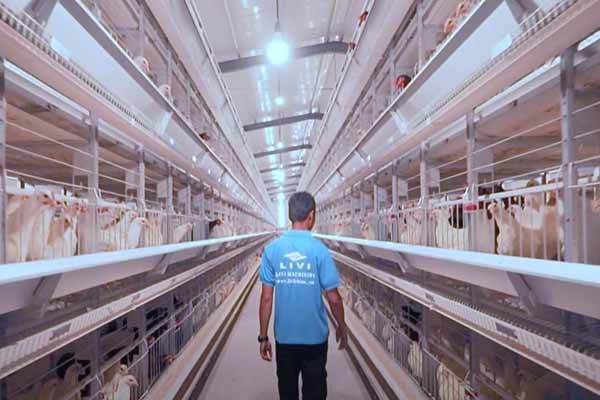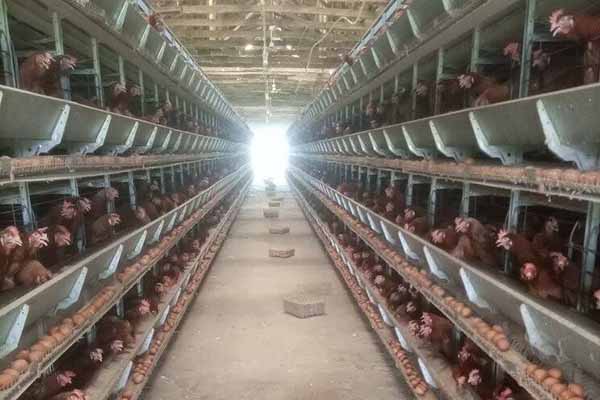Quail Farming in Ghana: A Comprehensive Guide to Success
Time : 2025-05-13
Quail farming has been gaining significant traction in Ghana, and for good reasons. This article will delve into the world of quail farming in Ghana, covering everything from the basics of quail farming to tips for success. Whether you’re a seasoned farmer or just starting out, this guide will provide you with valuable insights and practical advice.

What is Quail Farming?
Quail farming involves raising quails, which are small birds that are similar to chickens but smaller in size. These birds are known for their rapid growth rate, high reproductive capacity, and delicious meat. Quail farming can be a lucrative venture, especially in areas where there is a high demand for poultry products.
Why Choose Quail Farming in Ghana?
Ghana has several advantages that make it an ideal location for quail farming:
- Market Demand: There is a growing demand for poultry products in Ghana, and quail meat is particularly popular due to its flavor and health benefits.
- Climate: Ghana’s tropical climate is conducive to quail farming, as quails thrive in warm environments.
- Profitability: Quail farming can be highly profitable, with quails reaching market weight in as little as 6 weeks.
Setting Up Your Quail Farm
Before you start your quail farm, there are several key factors to consider:
Choosing the Right Location
Your farm should be located in an area that provides a conducive environment for quails. Look for a spot that is safe from predators, well-drained, and close to a source of water.
Buying Quail Chicks
When purchasing quail chicks, it’s important to buy from a reputable breeder. Ensure that the chicks are healthy, have good color, and are free from any signs of disease.
Building the Coop
The coop should be well-ventilated, easy to clean, and provide enough space for the quails to move around. A good rule of thumb is to allocate about 0.5 square feet per quail.
Feeding and Watering
Quails require a balanced diet that includes grains, seeds, and protein sources. Provide fresh water at all times to keep the quails hydrated.
Caring for Your Quails
Proper care is crucial for the success of your quail farm. Here are some tips:
Health Ma nagement
nagement
Regularly check your quails for signs of illness. Keep the coop clean and disinfected to prevent the spread of diseases.
Laying and Hatching
Quails are excellent layers, producing around 200 to 250 eggs per year. If you plan to hatch eggs, ensure that the incubation conditions are optimal for successful hatching.
Marketing Your Products
Identify your target market and develop a marketing strategy to promote your quail products. This could include selling directly to local markets, restaurants, or online.
Challenges and Solutions
Like any farming venture, quail farming comes with its challenges. Here are some common issues and how to address them:
- Predation: Use secure fencing and predator-proof coops to protect your quails.
- Disease: Implement a strict biosecurity protocol to prevent the spread of diseases.
- Market Fluctuations: Diversify your product offerings and explore different marketing channels to mitigate the impact of market fluctuations.
Success Stories
Several individuals and businesses have found success in quail farming in Ghana. Here are a few examples:

1. John Doe, a small-scale farmer in Accra, started his quail farm with just 50 chicks. Within a year, his farm had grown to 500 quails, and he was able to sell his products at local markets and online.
2. The Quail Co., a larger-scale operation in Kumasi, has expanded its business to include processing and packaging services, catering to both local and international markets.
Conclusion
Quail farming in Ghana presents a promising opportunity for farmers looking to diversify their income. By following the tips outlined in this guide and staying informed about best practices, you can increase your chances of success. Remember, patience, dedication, and a passion for farming are key to thriving in the quail farming industry.











